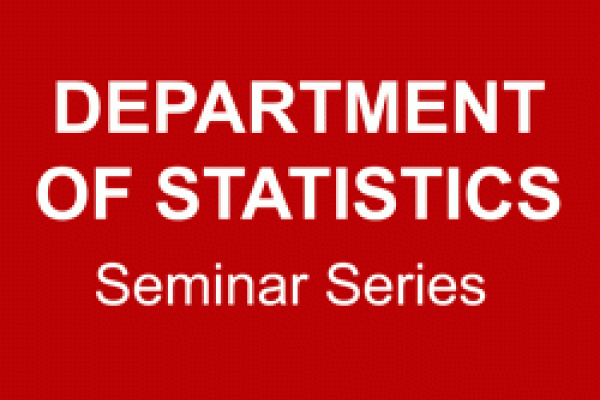
Title
Robust parameter design in computer experiments
Speaker
Jeffrey Lehman, The Ohio State University
Abstract
Many physical systems can be modeled mathematically so that "responses" are computable at arbitrary "experimental" inputs using numerical methods implemented by a complex computer code. In some cases, such computer codes allow us to conduct analogs of physical experiments that would not be possible due to the complexity of the required physical system, the cost of the physical experiment, or time constraints. We are concerned with the design of computer experiments when there are two types of inputs: control variables and environmental variables. Control variables are set by a product designer and environmental variables are those that are uncontrolled in the field but have some probability distribution. Our interest is in the mean response, over the distribution of the environmental variables, as a function of the control variables. The goal is to find a "robust" choice of control variables. We review different methods of defining robustness and focus on finding a set of control variables at which the response is insensitive to the value of the environmental variables. Such a choice ensures that the mean response is insensitive to perturbations of the nominal environmental variable distribution. We present a sequential strategy to select the inputs at which to observe the response so as to determine a robust setting of the control variables. Our solution is Bayesian; the prior takes the response as a draw from a stationary Gaussian stochastic process. The idea of the sequential algorithm is to compute the "improvement" over the current optimal robust setting for each untested site given the previous information; the design selects the next site to maximize an expected improvement.
